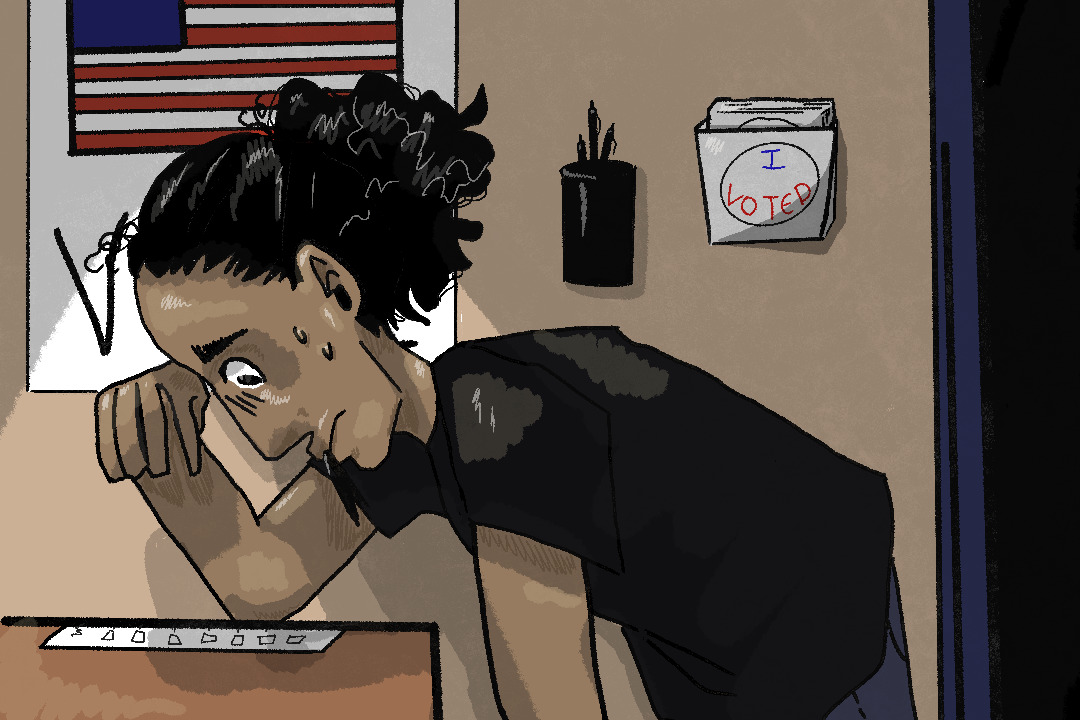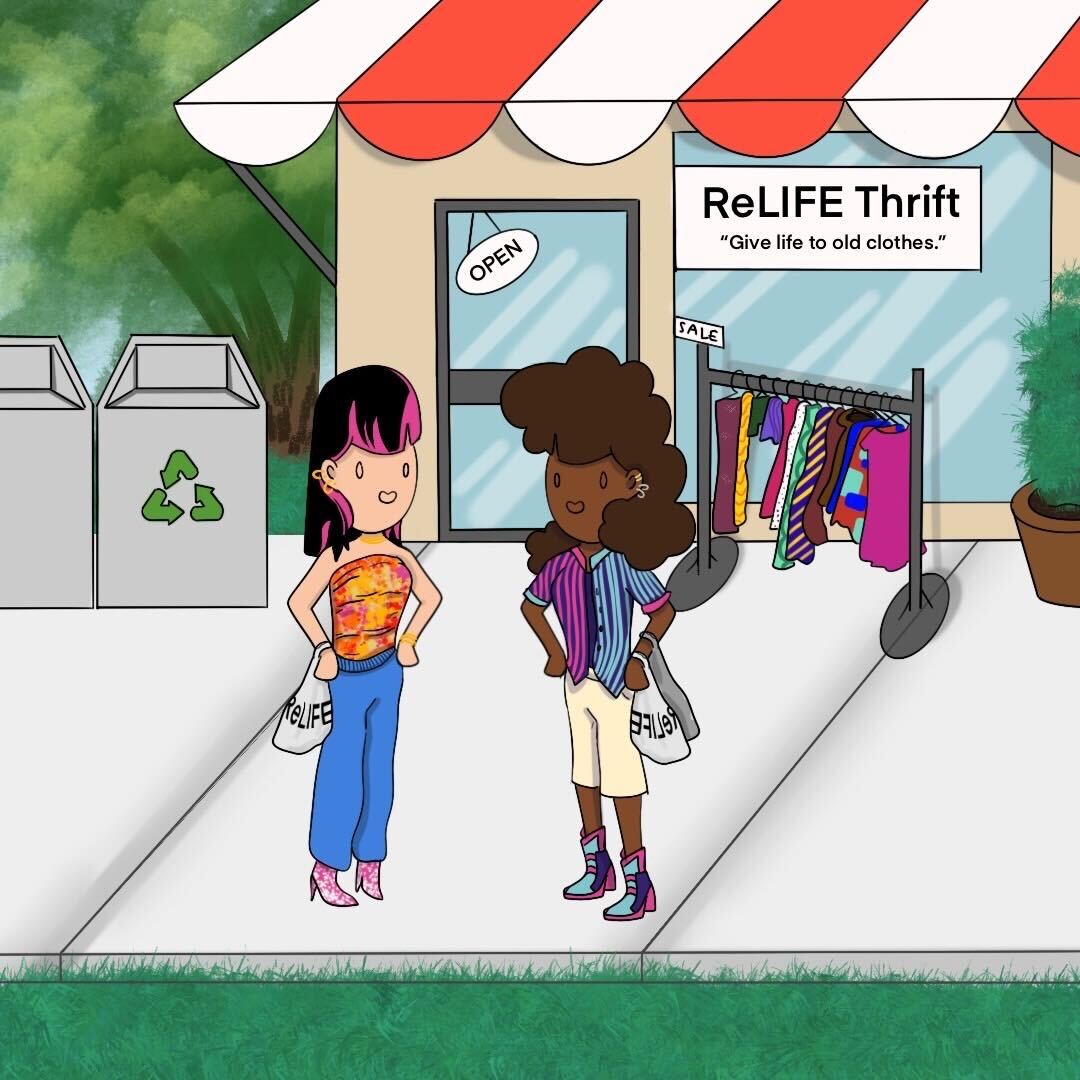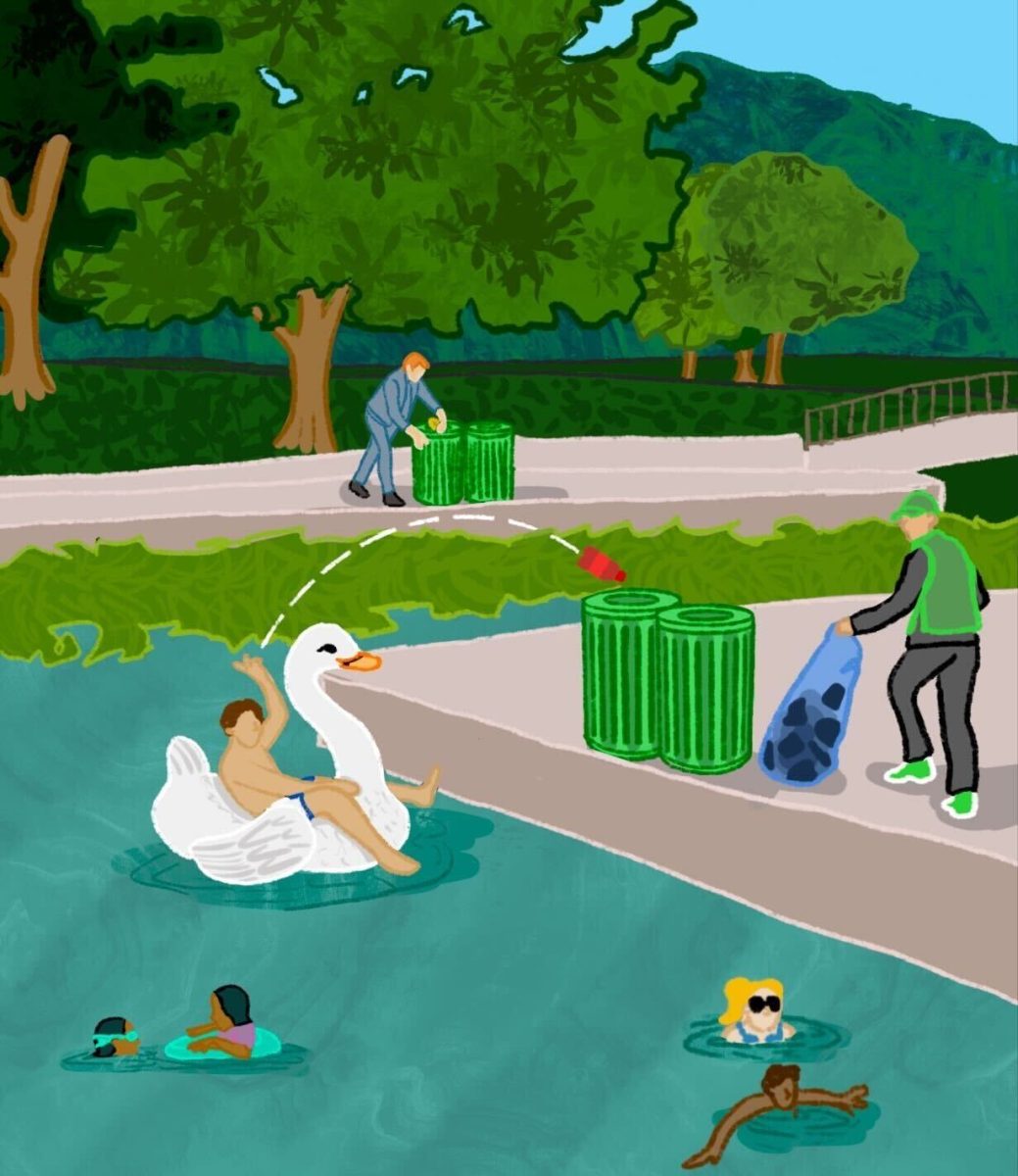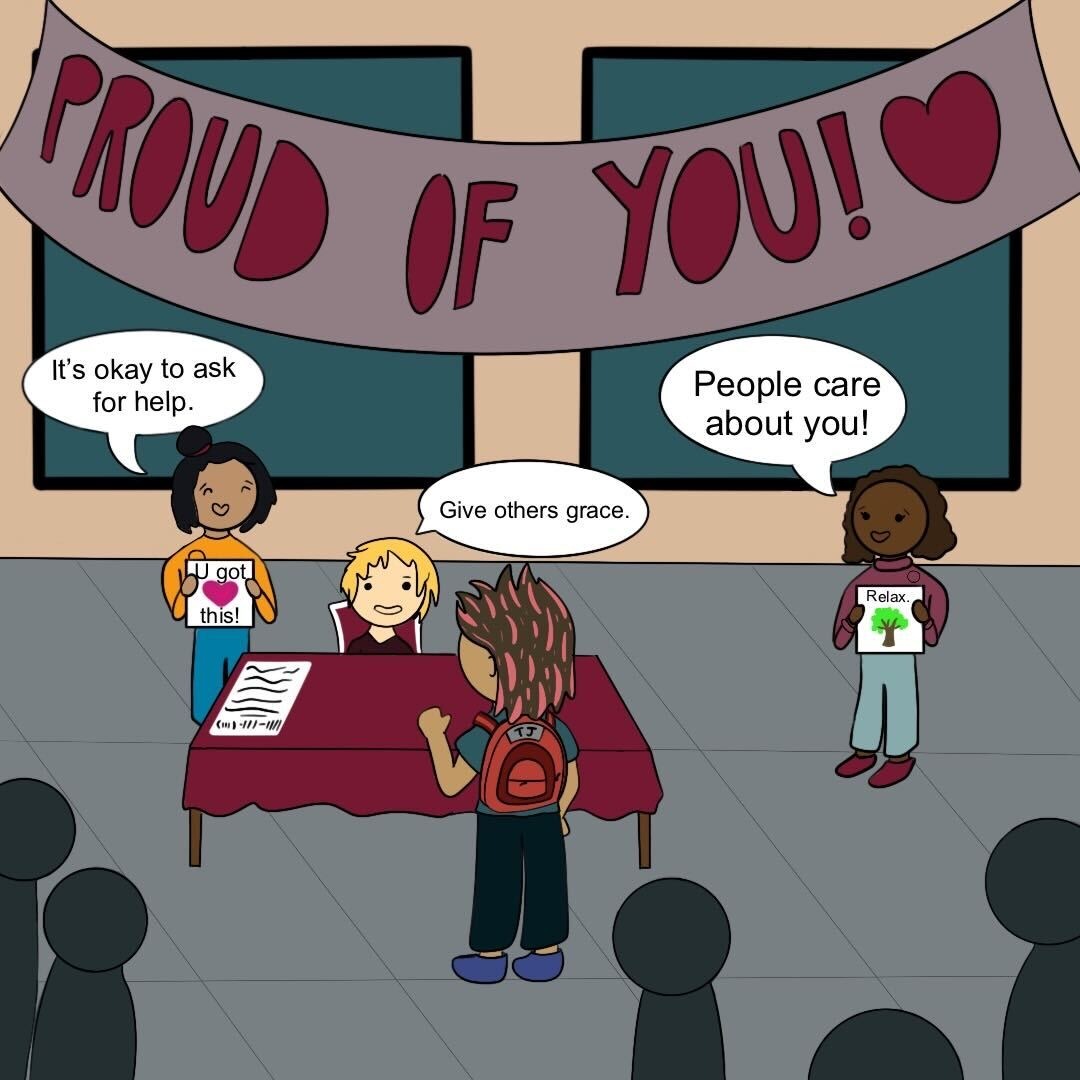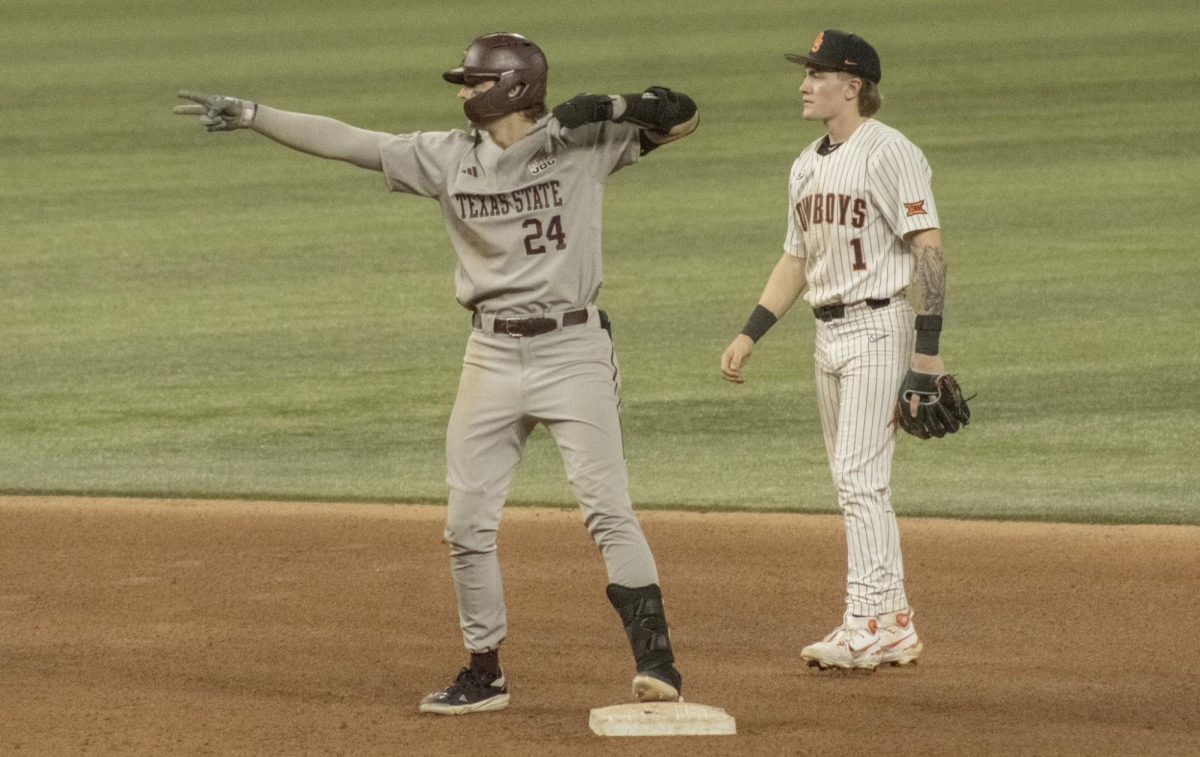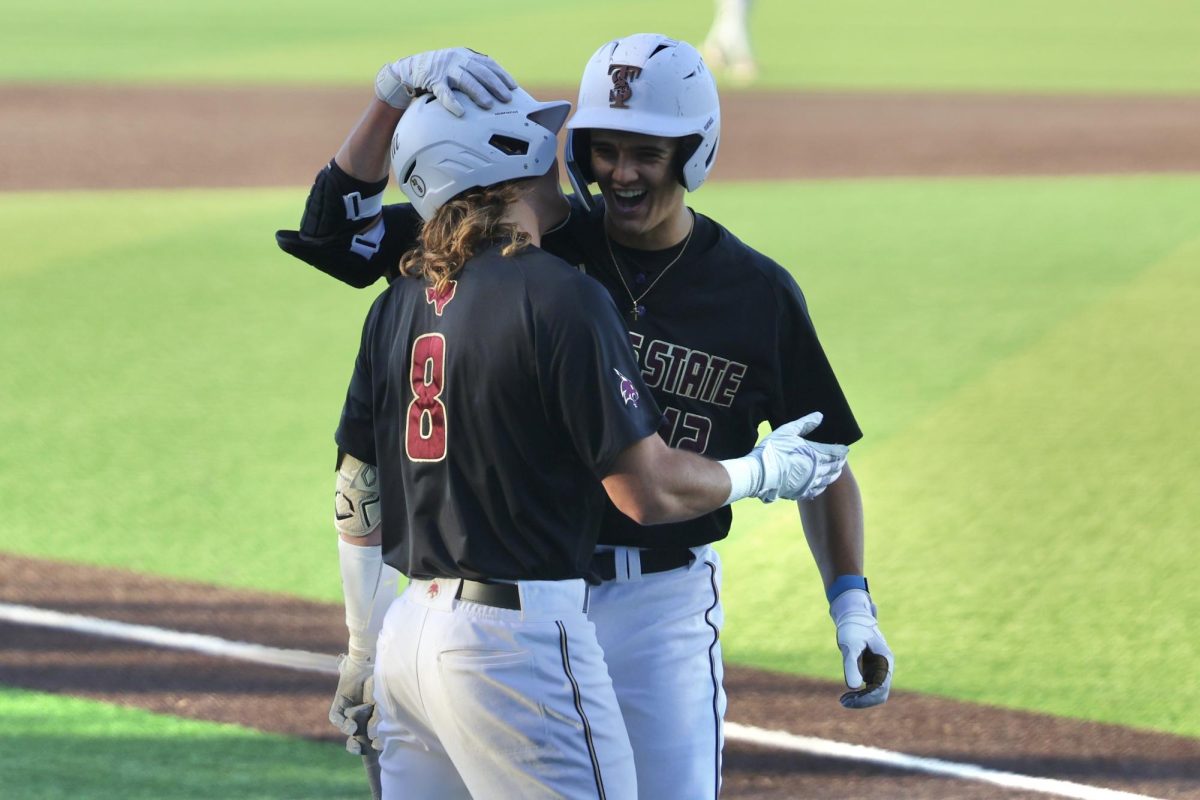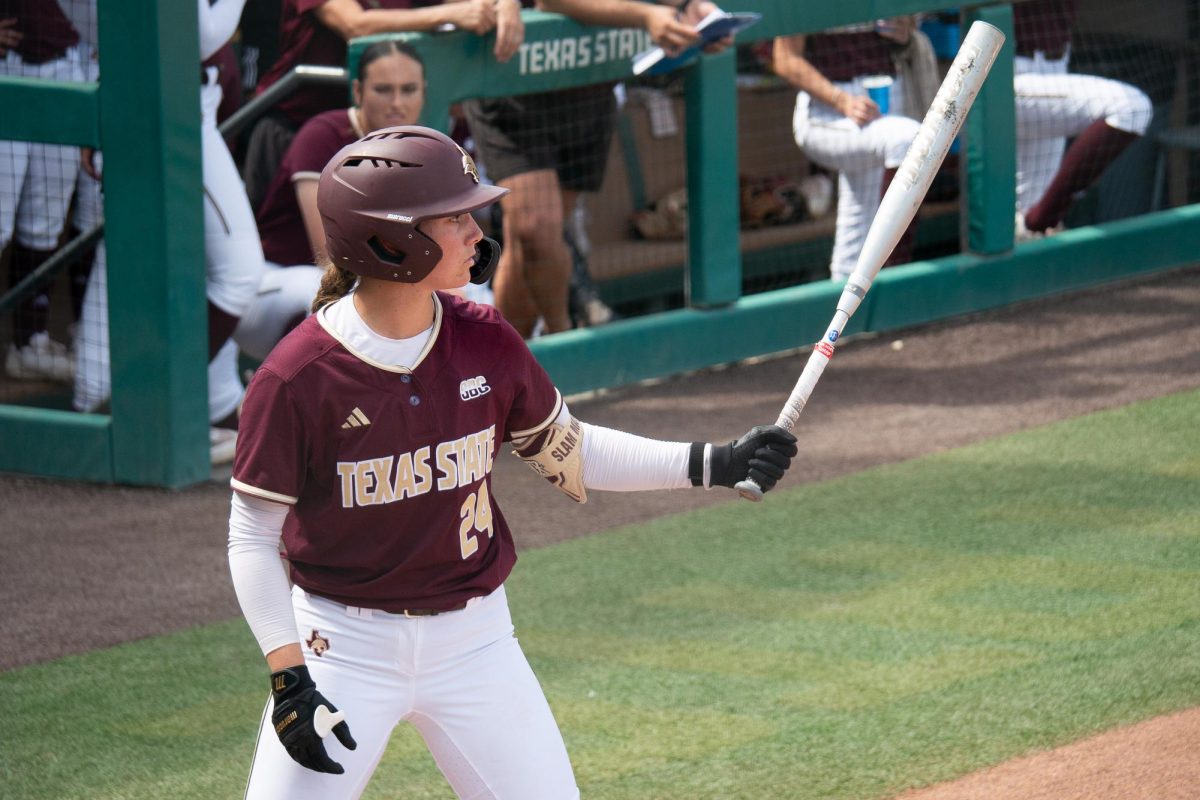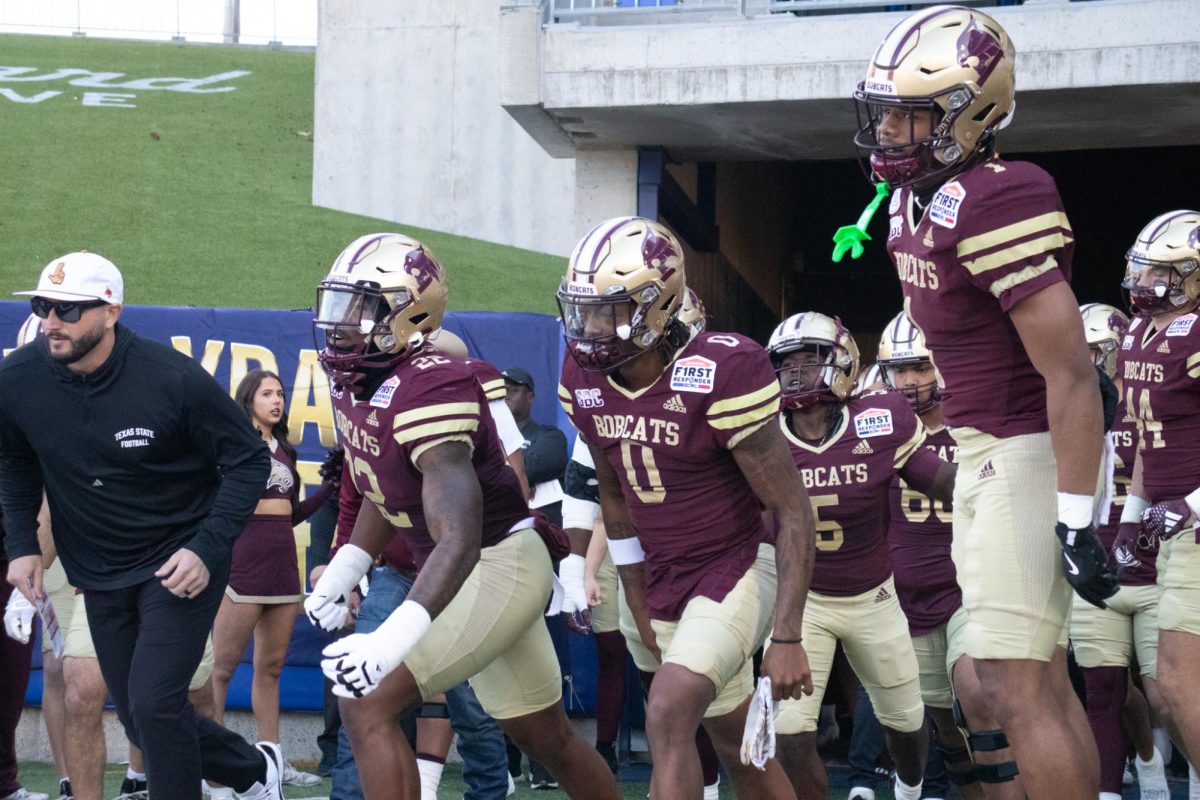Voting has always been expressed as a significant duty for citizens, especially on college campuses. Despite most college students being politically engaged, universities do not do enough to educate students on how crucial their vote is.
The majority of U.S. citizens who attend college are more likely to vote. However, universities often do not prioritize educating students on the importance of voting and the power their vote holds. In college, students are more exposed to opinions outside of what they grew up around, which makes filling out a ballot daunting.
Students at Texas State could benefit by taking courses, such as The American Presidency (PS 3324), that educates them on who and what they are voting for. PS 3324 instructs students about the everyday decisions of the president and the other branches of government that impact the lives of U.S. residents.
When casting a vote, most people base their decisions on the views of each candidate and what they intend to do within their new position, which is why proper education is immensely important.
Michael Faber, a political science professor at Texas State, believes students could understand the impacts of voting through courses such PS 3324.
“The presidency course is a great opportunity to open the eyes of students into more politics,” Faber said. “[The course] gets students to think about [voting] and just pay attention to what is going on.”
Students should learn the power of all levels of government, local to national. Though U.S. government is often a basic course that all students are required to take, knowledge about the inner workings of the U.S. government must go further. Useful information includes the everyday jobs of elected officials, the different branches of government that maintain democracy and the changes that one community can make.
In addition, Faber said voting is a responsibility U.S. citizens need to take advantage of, as it allows them to be directly involved in the democratic process the U.S. government is based upon.
“It’s about civic responsibility,” Faber said. “Without voting, [democracy] falls apart.”
Faber said students should unquestionably pay attention and participate in politics by voting. Voting makes lasting impacts on society students will continue to live in, even after the president they voted for is out of office.
“Students should care about voting because it matters. It’s getting harder and harder to convince people their votes matter, but you should [vote] because it affects you,” Faber said. “Policy decisions made now are going to affect students for the next 40 and 50 years. The policies made now will have repercussions for the rest of their life.”
Although national politics are given the most attention, local politics have more impact on day–to–day lives than citizens believe. Both state and local politics impact the everyday lives of students in a more obvious way than national. State and city governments draft policies that can create safe, clean and suitable environments for students.
Students should take action to become knowledgeable in government and vote in all elections. Voting has an impact, and whether you believe it or not, your vote matters.
-Emma Hall is a journalism sophomore
The University Star welcomes Letters to the Editor from its readers. All submissions are reviewed and considered by the Editor in Chief and Opinions Editor for publication. Not all letters are guaranteed for publication.


